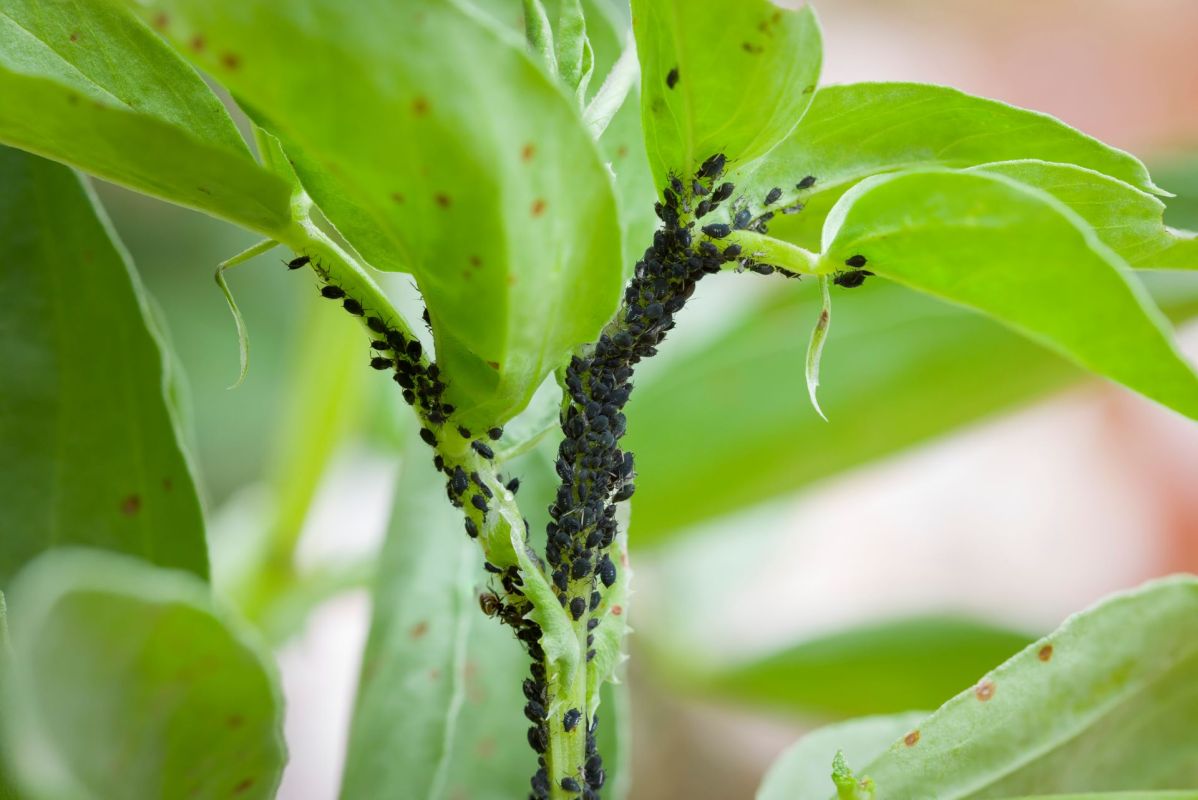Dr. George McGavin is an acclaimed British entomologist (i.e., insect scientist) who has written books with titles such as Expedition Field Techniques: Insects and other terrestrial arthropods and hosted shows on the BBC and Discovery Channel.
In short, he is a person who knows roughly how many bugs there should be.
Recently, Dr. McGavin (@georgemcgavin) posted the following tweet to his roughly 15,000 Twitter followers:
I do a regular walk around our village - road verges, woodland margin and garden edges. It's the 28th May and I have never seen so little insect life. No bumble bees, no hover flies. Just a few aphids and honey bees. pic.twitter.com/XZc87xLakA
— George McGavin (@georgecmcgavin) May 28, 2023
"I do a regular walk around our village — road verges, woodland margin and garden edges," he wrote. "It's the 28th May and I have never seen so little insect life. No bumble bees, no hover flies. Just a few aphids and honey bees."
Where are all the insects?
Perhaps even more disturbingly, when one of Dr. McGavin's followers asked where all the insects had gone, he responded: "I wish I knew......."
The decline in insect populations is not a complete mystery, however, but rather a documented trend. A 2019 study projected that 40% of the world's insect species could become extinct over the next few decades due to human-caused problems such as habitat loss, pesticides, and climate change.
Why is this concerning?
"Insects are the food that make all the birds and make all the fish," David Wagner, an entomologist at the University of Connecticut, told Reuters as part of a 2022 article on declining insect populations. "They're the fabric tethering together every freshwater and terrestrial ecosystem across the planet."
In addition, wild plants and crops grown for human consumption rely on insects as pollinators. As insect populations decline, that affects all life on Earth.
"If insects continue to decline, expect some pretty dire consequences for ecosystems generally — and for people," Dave Goulson, an ecologist at the University of Sussex, told Reuters.
What can be done?
Though it may seem like a small step in the face of declining insect populations worldwide, one thing you can do to help pollinators in your area is to plant native flowers, which are the foundation of your local ecosystem.
Pollinators like bees are important for the health of wetland and grassland habitats—and in return, these habitats support pollinators and thousands of other wild species. https://t.co/82ymHHb1Q7
— UN Biodiversity (@UNBiodiversity) June 13, 2023
Via @ducanada pic.twitter.com/BpCXNjgNfo
In addition, reducing light pollution by turning off outside lights at night is helpful to insects, as is, of course, staying away from pesticides.
Join our free newsletter for weekly updates on the coolest innovations improving our lives and saving our planet.









